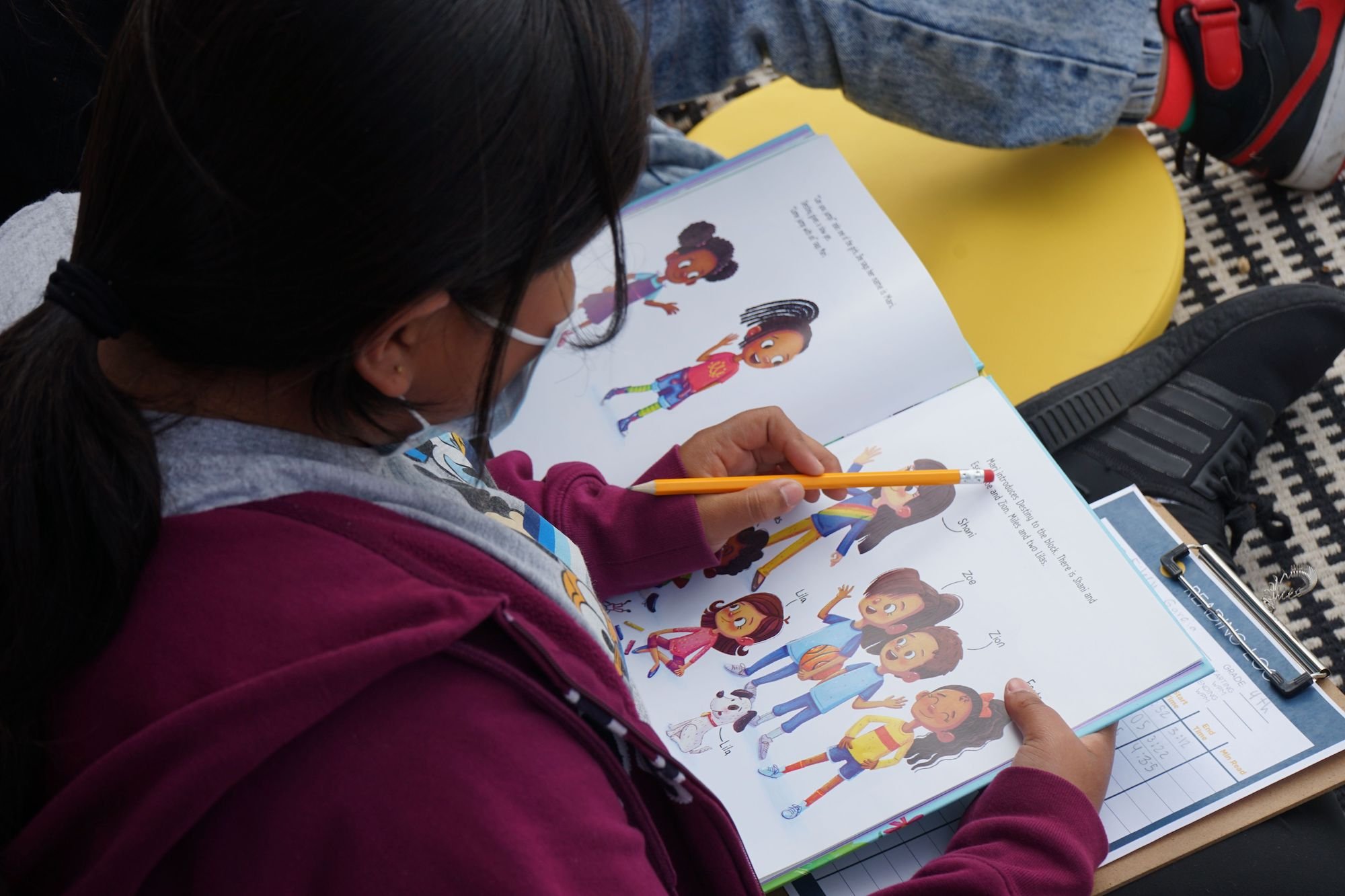
Mobilize Love KIDS is the Bay Area’s first mobile after-school program and the flagship program of Mobilize Love.
ML Kids provides food for the body, food for the soul, and food for thought.
THE NEED
FOOD INSECURITY
According to a report published by the San Francisco-Marin Food Bank in 2021, an estimated 1 in 4 children in San Francisco are food insecure. This means that approximately 23% of children in the city are living in households that do not have reliable access to sufficient quantities of affordable, nutritious food. The COVID-19 pandemic has further exacerbated this issue, with many families experiencing job loss and economic hardship that has made it difficult to afford food and other basic necessities.
“The Bayview District is a food desert and geographically isolated from greater SF without frequent and reliable transportation to get in and out of the neighborhood for daily needs.” - SFMTA
SOCIAL EMOTIONAL SKILLS GAP
“Children from low income households report lower social-emotional skills. Social and emotional health and supportive relationships with mentors and coaches are needed for a child to thrive academically and in life.” - Ed Surge
Mental health challenges: According to a 2019 report by the San Francisco Department of Public Health, 1 in 5 high school students in San Francisco reported feeling sad or hopeless for two or more weeks in a row in the past year. This is a key indicator of depression, which is a common mental health challenge among young people.
Achievement gaps: There are significant achievement gaps in literacy rates and other academic areas between different racial and ethnic groups in San Francisco. These gaps can be linked to social-emotional factors such as stress, anxiety, and lack of social support.
School climate: According to a 2019 report by the San Francisco Unified School District (SFUSD), 44% of students in San Francisco reported feeling unsafe at school. This can negatively impact their social-emotional development and academic achievement.
SEL programs: Research has shown that SEL programs can have a positive impact on students' social-emotional development, academic achievement, and overall well-being. For example, a study by the Collaborative for Academic, Social, and Emotional Learning (CASEL) found that students who participated in SEL programs had an 11% increase in academic achievement compared to students who did not participate in SEL programs.
LOW LITERACY RATES
According to a report by the San Francisco Unified School District (SFUSD), there are significant achievement gaps in literacy rates between different racial and ethnic groups in San Francisco.
For example, in 2019, only 17% of Black students and 27% of Hispanic students in SFUSD scored at or above proficiency in fourth-grade reading.
The report also highlights the challenges faced by English Language Learners (ELLs) in achieving proficiency in reading. In 2019, only 16% of ELLs in SFUSD scored at or above proficiency in fourth-grade reading.
“With COVID-19, the African-American Literacy Crisis will get much worse…reading is still the best route to liberation. As Frederick Douglass counseled, ‘Once you learn to read, you will be forever free.’” - NAACP
OUR INTERVENTION: ML KIDS
OUTCOMES WE HOPE TO SEE
By meeting physical needs, teaching personal life skills, and establishing long-term relationships, we hope to see kids and families grow in wisdom (intellect), stature (life skills, and in relationships others (social and emotional health).
STAGE TRUCK OUTCOMES
Children growing in Social Emotional Learning - developing practical life-skills in five main areas: Self-Awareness, Self-Management, Responsible Decision-Making, Relationship Skills, and Social Awareness.
STORIES TRUCK OUTCOMES
Children growing in literacy and in their love for reading. We measure two areas of literacy: motivation (engagement) and movement towards growth in reading (comprehension and school reading levels).




